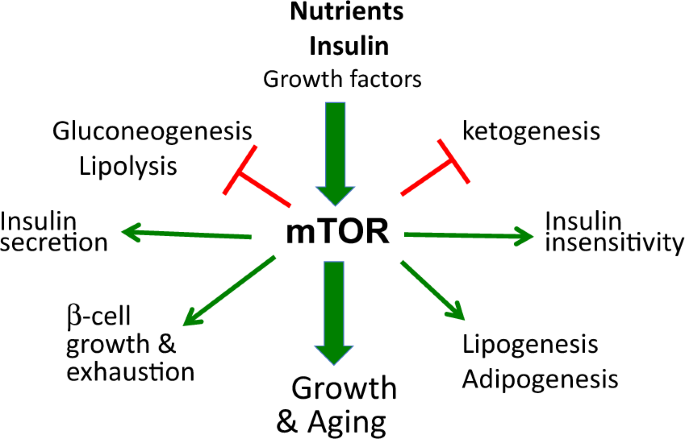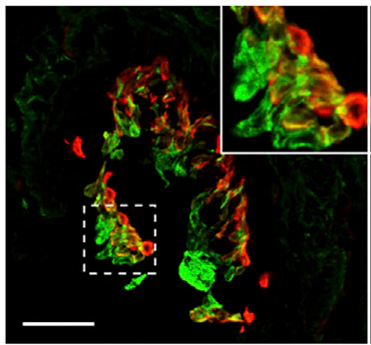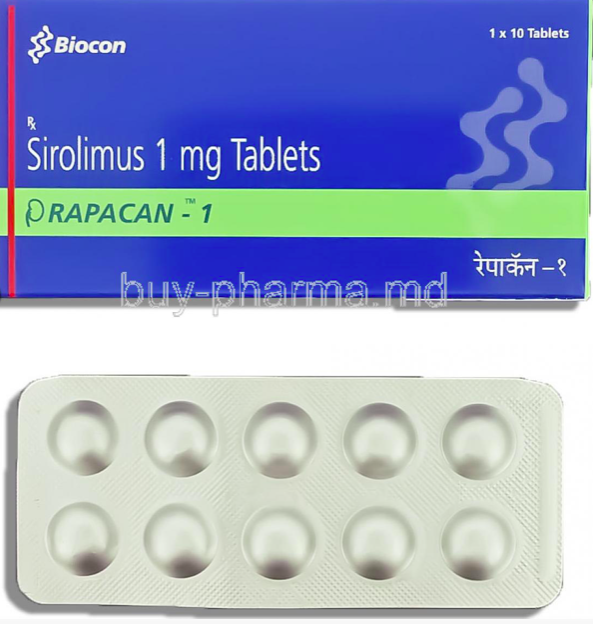What is Rapamycin?
Rapamycin (Sirolimus) is a medication that can be given to transplant patients in order to prevent rejection. Buy Rapamycin to reduce inflammation in the body. Rapamycin use has been shown to improve respiratory function, prevent or slow lung damage from exposure to pollution, and may even reduce mortality during periods of high air pollution levels. Rapamycins have also been found to protect against oxidative stress caused by cigarette smoke and ozone. Rapamycin molecules appear particularly effective at reducing inflammatory processes so they are often used as adjunctive therapy for many conditions such as Crohn’s disease (CD) where it can help resolve acute flares, ulcerative colitis (UC), chronic obstructive pulmonary disease (COPD), cystic fibrosis, systemic lupus erythematosus (SLE).
Rapamycin functions by inhibiting the immune system’s response, thereby reducing or even preventing organ graft rejection.
Rapamycin also has antiangiogenic properties which means it inhibits the formation of new blood vessels which would otherwise contribute to tumor growth and metastasis (spread). For this reason, Rapamycin may be important for those at increased risk for developing certain types of tumors such as kidney cancers.”It is believed that sirolimus works on T cells by blocking interleukin IL-12 from binding with its receptor,” says Dr. “Sirolimus also blocks tumor necrosis factor or TNF-alpha from binding with its receptor on immune cells.”

Rapamycin is a mTOR inhibitor, which slows the growth of cancer cells. Rapamycin was first developed as an anti-fungal agent in 1972 and has been used to suppress the immune system since 1984. Rapamycin works by blocking protein production within mammalian cells that triggers cell division; this process prevents blood vessels from forming and allows tumors to grow unchecked. In addition, rapamycin blocks proteins responsible for inflammation, metabolism regulation, and cellular movement – all factors that promote tumor development. The FDA approved Rapamycin (brand name: Rapamune) for use against kidney transplant rejection in 1999 but it soon became clear that people who were taking it had lower rates of some cancers. Rapamycin is a Pregnancy Category X medication, which means that it should never be taken during pregnancy.
Rapamycin functions by inhibiting the immune system’s response, thereby reducing or even preventing organ graft rejection.click here the site f95zone
What is Transplant rejection?
Transplant rejection is a common and serious complication which can occur in transplant patients, especially when the transplant organ or tissue comes from an incompatible donor. To avoid transplant rejection, it’s important to know what triggers it as well as how transplant recipients can prevent this life-threatening condition.
How to Prevent transplant rejections?

Here are some tips on how to reduce transplant rejections:
-Consult with your physician about any medications as you are taking that could trigger transplant rejection
-Ask your transplant doctor for a list of foods you should be eating and avoiding
-Stay away from high sugar diets that can worsen transplant rejection
-Take your medications as prescribed by the transplant team
Pagalmovies is the best website for you to download the latest movie at no cost. You can also download free movie from this Tamilmv.
-Don’t drink alcohol, smoke tobacco products or use street drugs like marijuana which may trigger transplant rejection.
In addition to transplant rejection, transplant patients may also experience other side effects. These include:
-An increase in risk of developing cancer
-Heart and lung problems which can be life threatening if not treated quickly
-Increased susceptibility for bacterial infections due to chronic low immune system functioning
Read More: World Latest Blog News Website masstamilan.tv and tamildada.info also check tech web site
Kidney damage or failure after a transplant because the new kidney has increased workload responsibilities that it isn’t prepared for. This is especially true if the patient had both kidneys removed at once (known as “double nephrectomy”)”.”This group includes transplant recipients who have diabetes mellitus, are over 50 years old or who waited more than five years on dialysis before getting their transplant surgery.”. There’s even an elevated chance of developing a brain disease called “recurrent multifocal leukoencephalopathy” (or RML) which can lead to death.
visit here youtube to mp3 converter
read more :cyclicmint

